“What’s life like abroad?” That’s the second most-frequently asked question I hear after returning from living in Barcelona for over three years.
The most frequently asked question? “Why did you come back?”
That’s the subject for another blog post.
What life is like abroad is what I will be writing about for now, and the answer is not so simple.
I thought to try to answer the question with words, but instead, I’ve chosen to answer it with pictures, beginning with one I captured during my first week in Barcelona:
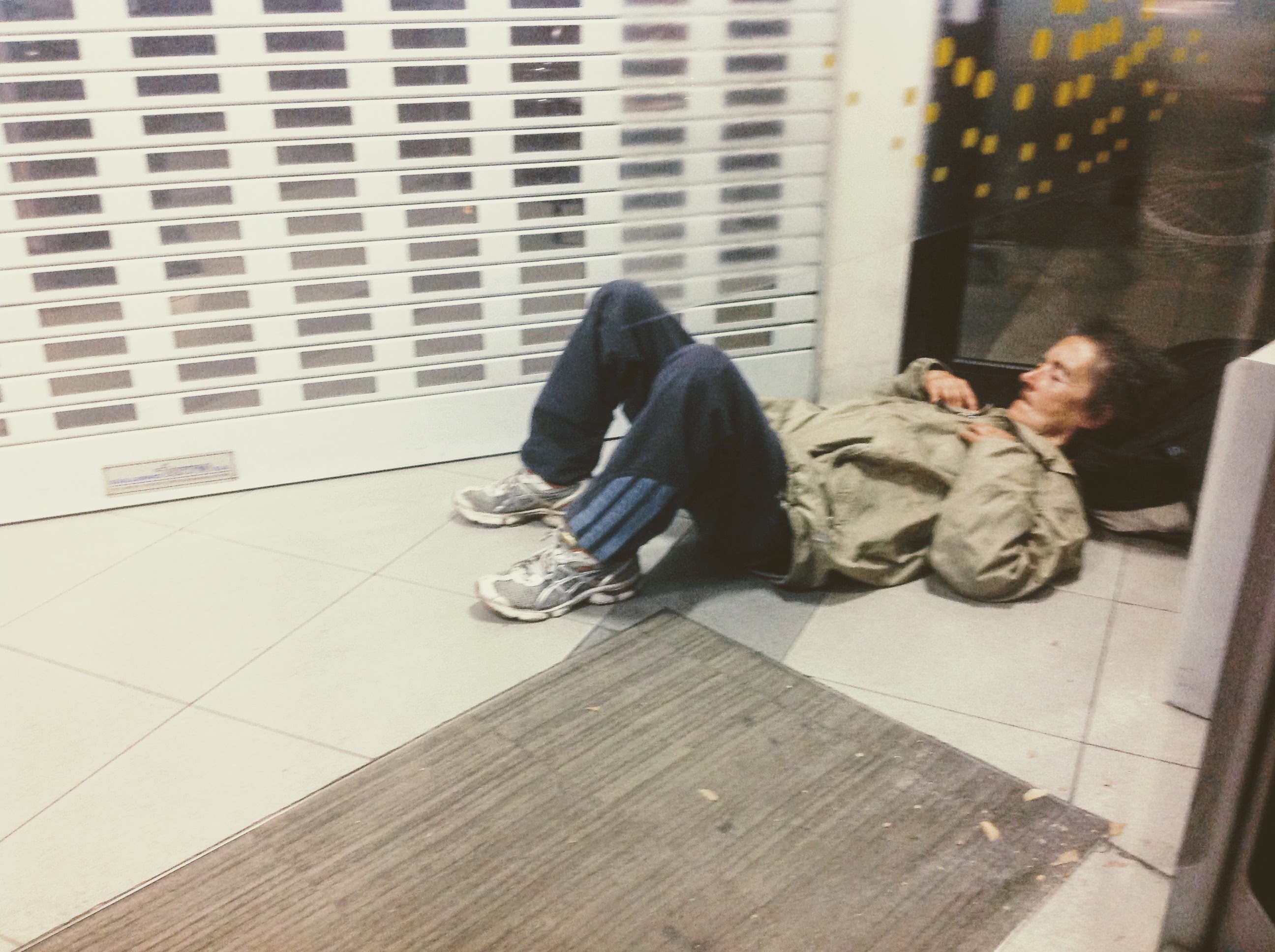
That photo was taken just a few weeks after this one:
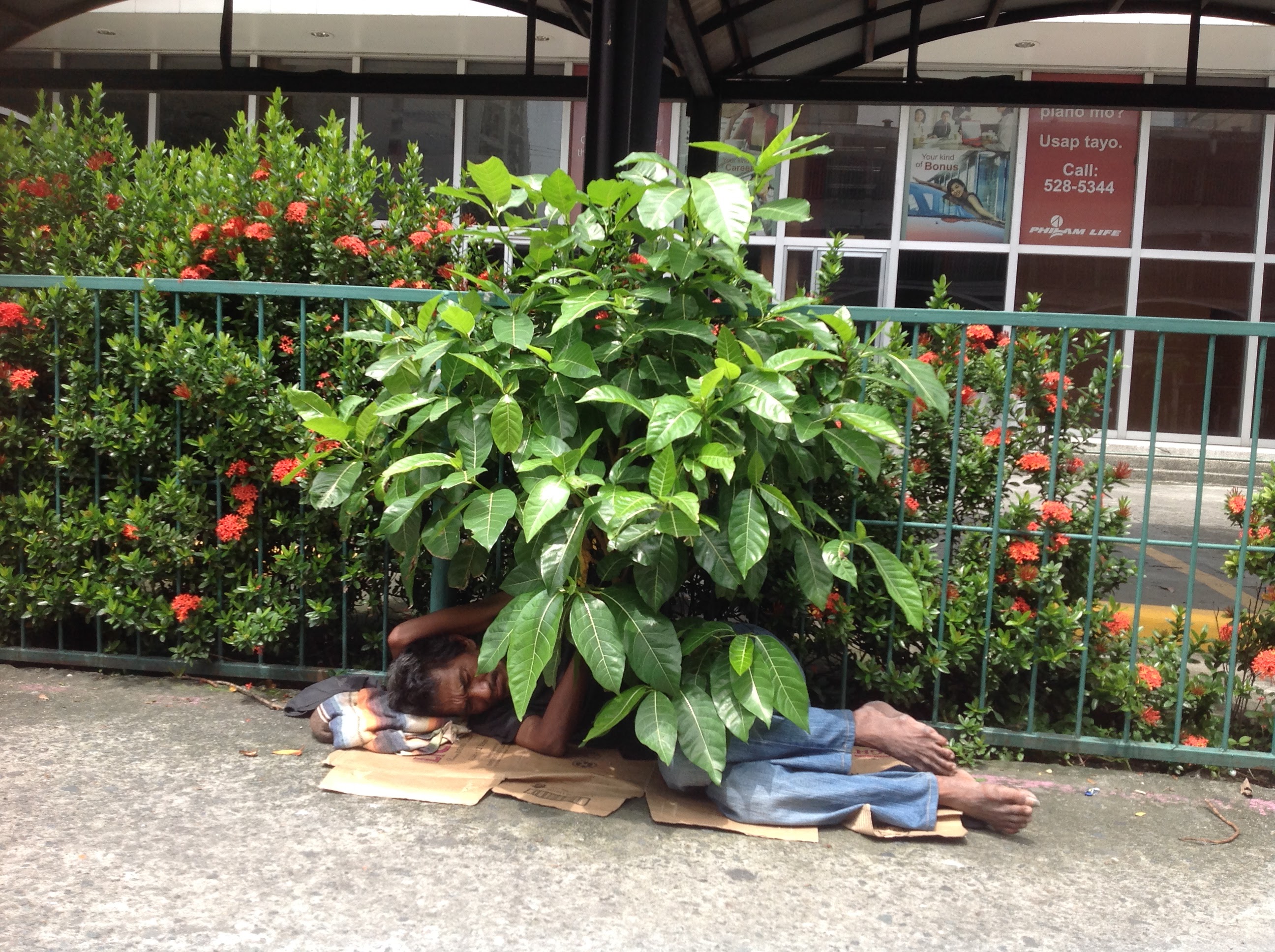
And seeing the similarity in appearance, if not in circumstance, brought to mind Juxtapozitions, a photo project which will be the first (of four) creative projects I plan to launch this year.
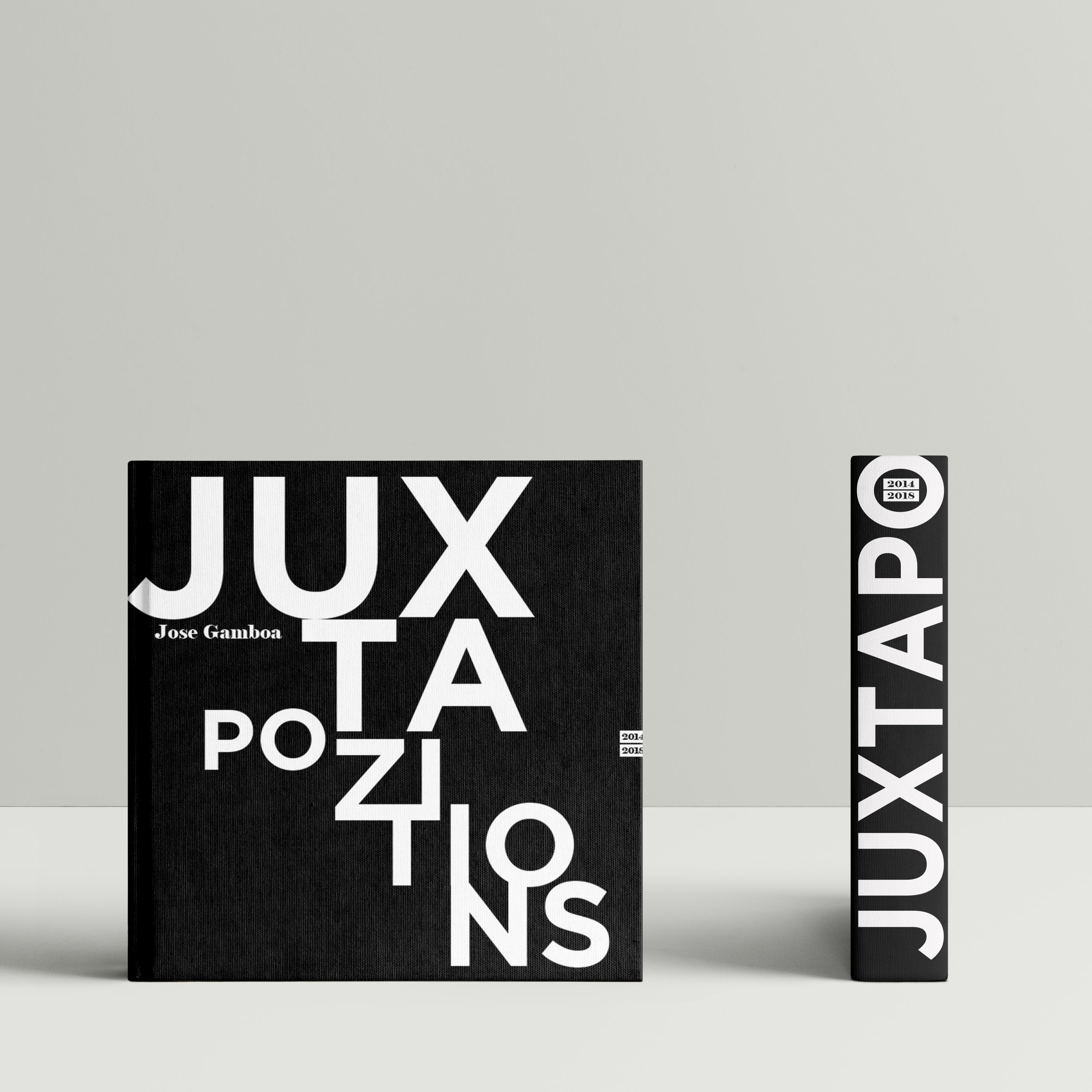
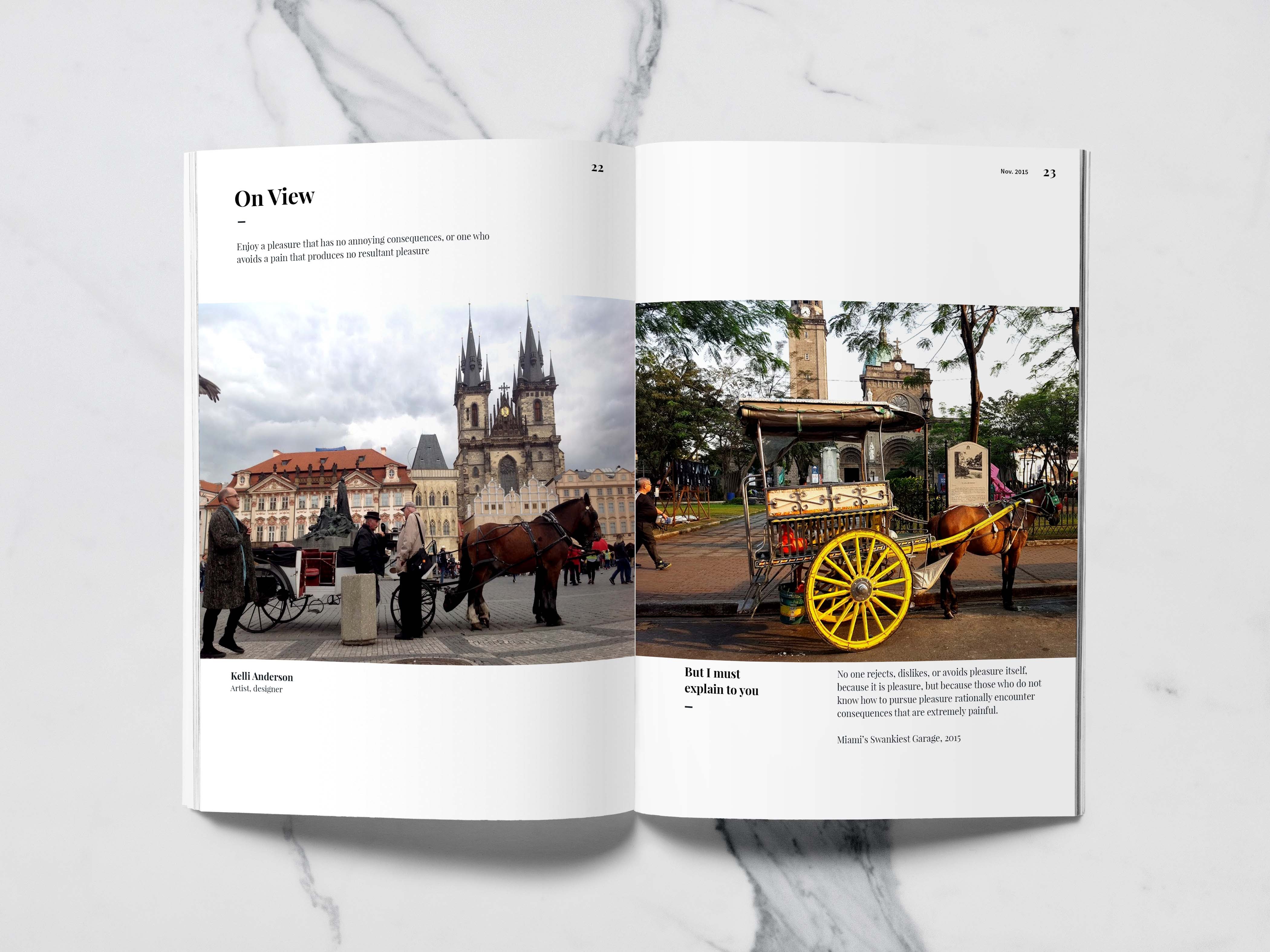
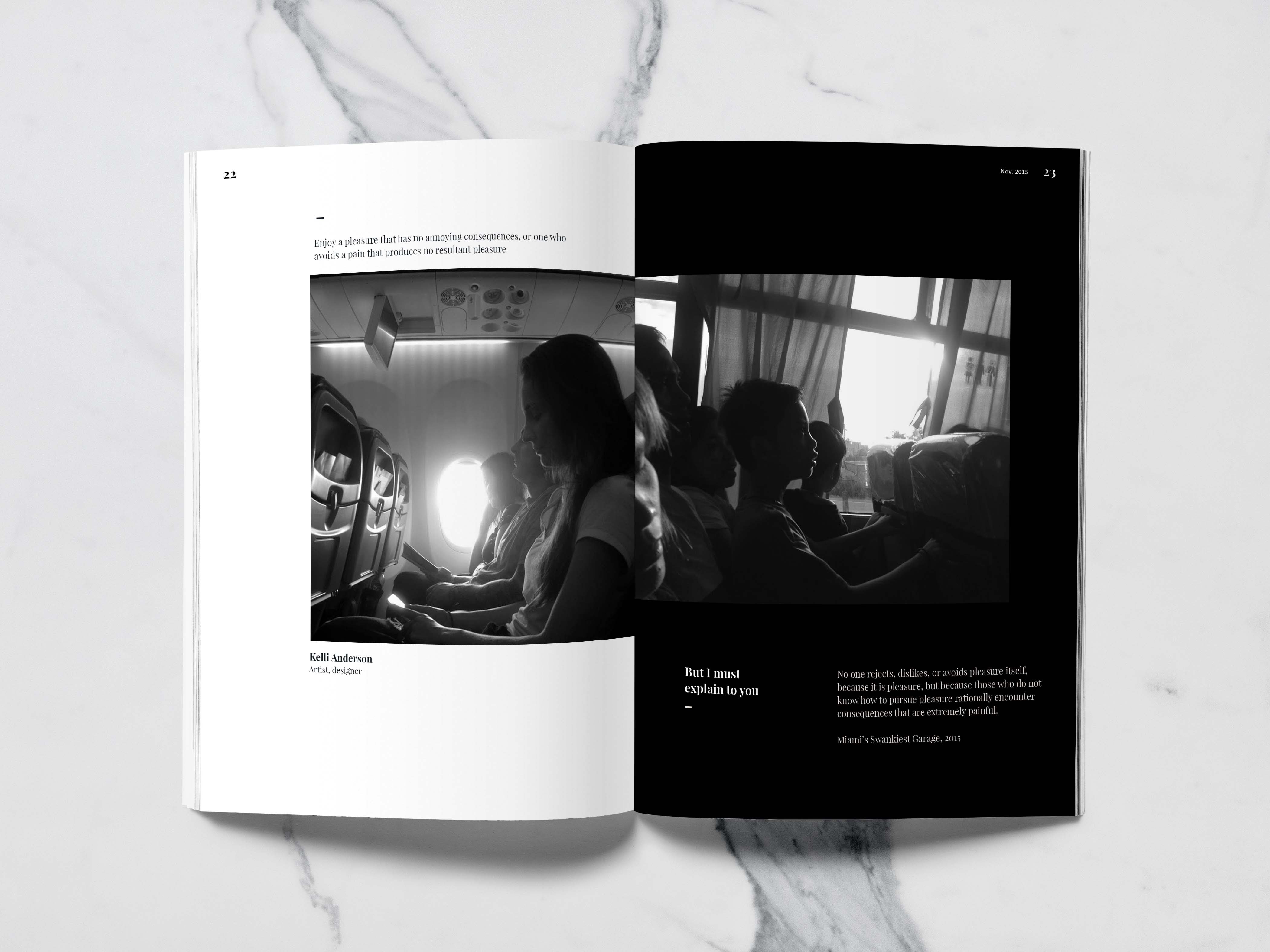
As the title suggests, Juxtapozitions visually juxtaposes life in the Philippines and Europe. (If you’re curious as to why I misspell the word, it’s merely for social media purposes. If you check the hashtag #juxtapozitions, majority of it will be my images. For whatever that’s worth.) Mostly from Barcelona, of course, because that’s where I lived most of the time, but also other Spanish cities including Granada, Girona, and La Palma. I also traveled to the Amsterdam, Venice, Paris, Prague, and Toulon a couple of times.
Taken over a period of around three years, most of these were photos weren’t taken with this photo project in mind. But after going over my visual memory bank, I repeatedly come across photos that had visual or contextual similarities–for example, female fishmongers in the La Boqueria and a wet market in Aurora, Baler:

Or the waiting area in the Oficina de Extranjeria de Barcelona (foreigners’ office) and the Department of Foreign Affairs in Manila:
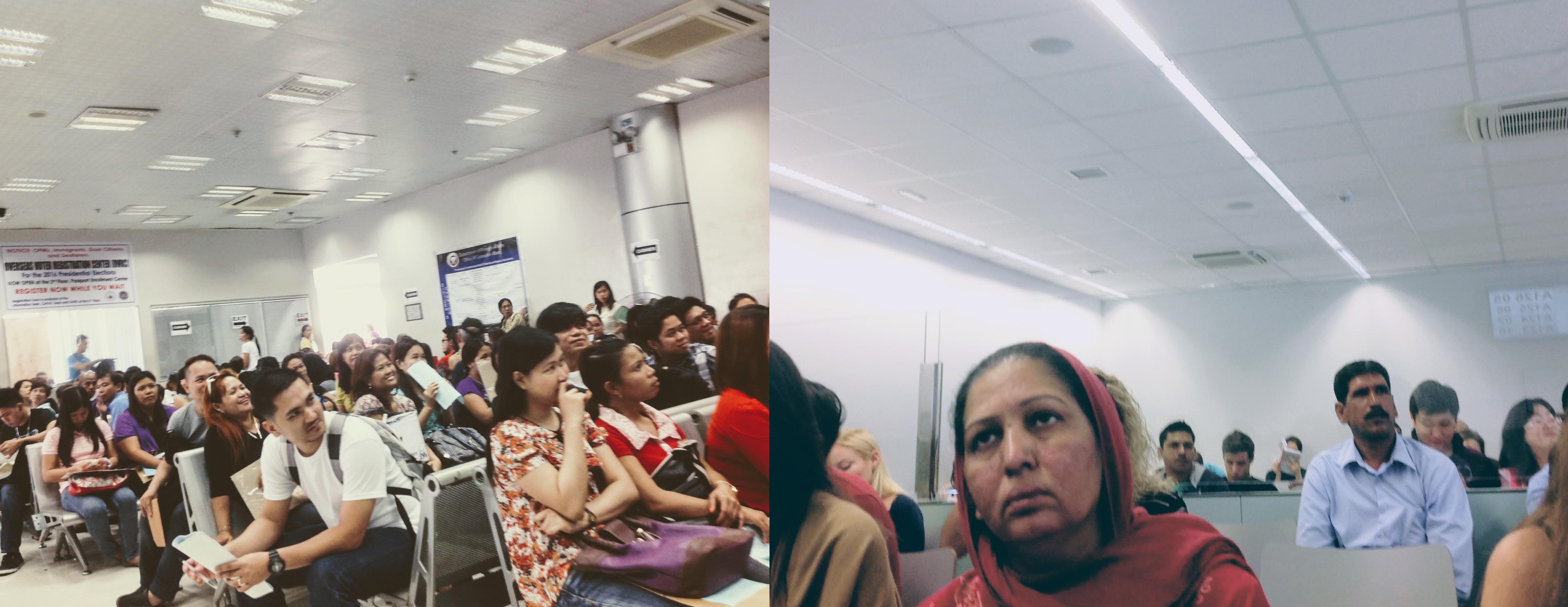
or Catalan children sitting on a curb during an FC Barcelona victory parade, and some Filipino boys just hanging out outside a sari-sari store during a holiday:
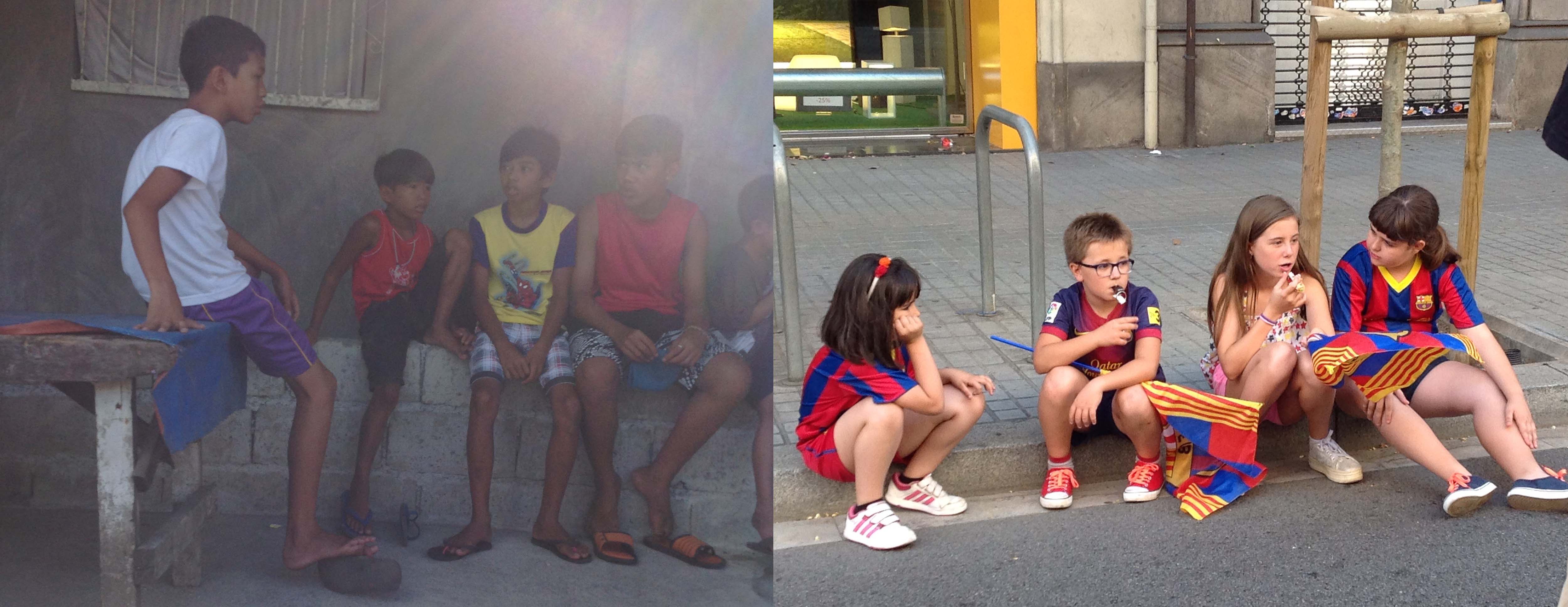
Incidentally, a week before I left Barcelona, the Spanish National Guard assaulted Catalans who were seeking independence from Spain, or at least the right to hold a referendum to do so. I found this ironic as around 150 years earlier, Spanish soldiers executed Filipinos fighting for independence from the Spanish empire :

In the photobook, I desaturate some of the photos to minimise the distinction between the two worlds.
So Juxtapozitions is one way I’ve chosen to answer the complex question, albeit to a very limited extent. By capturing parallels between life on opposite sides of the planet, a planet that seems to grow smaller with every leap forward in transport and information technology, I hope to provide some insight into what living in a culture and society that is so different–yet in some ways similar–to the one I grew up in, is like.
And if there’s any insight that I’ve gained during all those three years it would be these three:
People are inherently good
Anne Frank said it first. Without people I never would have made it. Not just once, but many times over. This doesn’t mean there aren’t absolute shits out there, there are, and keep away from them by all means. But they most likely didn’t start out that way. I’ve met some amazing and generous people, who didn’t know me at all and didn’t have anything to gain, but went out of their way, who offered help when I needed it so badly.
It takes three to five years
It takes at least three to five years to feel at home in a new place. If you’re lucky. Barcelona is a melting pot, like New York, Paris, or any other major metropolis, and I’ve encountered people from literally all over, but all of them come to the city to live, drawn by its warm climate, endless beaches, and vibrant culture. Some come to study then tried to transition to work, as I did. And like myself, many don’t speak Spanish, or Catalan for that matter. And language is a huge badge that declares you as either a local or a tourist. And there’s the matter of employment. I’ve lived with people who’ve moved from other Spanish cities to find work, only to go back because the financial crisis meant that lucrative opportunities were scarce all around. And friendships need time to grow. It’s more difficult to make friends when you’re older, people are busy or already have their sets of friends, and in a transitory city like Barcelona, people are coming and going all the time.
People are basically the same
Finally, despite everything, people are basically the same. We have the same motivations, the same wants, the same fears. Being indoctrinated at an early age I carried the burden of colonial mentality. I believed that everything from abroad was better, that people from Europe were the epitome of culture, intelligence, and sophistication. That they lived perfect, worry-free lives where they had free quality education, health care, fast internet, no crime or hunger, and everyone’s fart smelled like roses. Needless to say, it was a rather rude awakening.
And in the end, I suppose that’s what I’m trying to point out with Juxtapozitions, that we are the same, you and I. And that no matter where you go, your experience of a place is defined by the people that live in it.
To see previews of the Juxtapozitions photobook, you may check my Instagram or twitter under the hashtag #juxtapozitions.
If you’d like to order a copy, send me an email at pinoyartista(at)gmail. I accept payments via Paypal.
Book details:
52 color & B&W pages
18 x 18 cm
Hardcover dustjacket:
USD 87 / PhP 4500 / 75€
Glossy Softcover:
USD 75 / PhP 3900 / 65€
Limited to 500 copies

Leave a comment